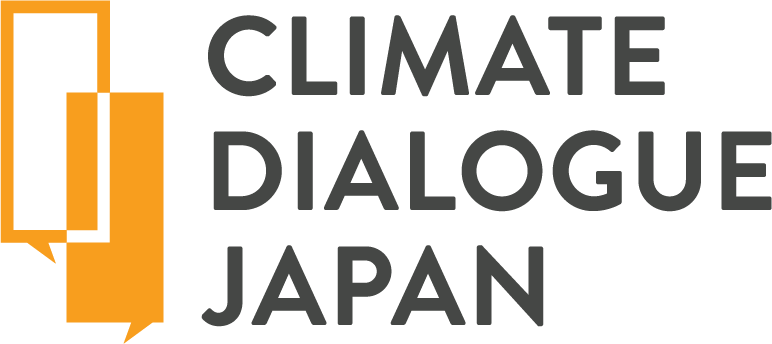World “Far Short” of Paris Climate Deal Goals, Says UN
The UN’s climate body (UNFCCC) released an assessment of the 48 national emission reduction plans submitted by the end of 2020 on February 26. The plans account for 75 parties to the UN, as the EU27 is counted as one bloc, and cover an estimated 30% of global greenhouse gas emissions.
While most countries have incrementally increased ambition, the combined impact puts them on a path to achieve only a 1% reduction of emissions by 2030 compared to 2010 levels. The Intergovernmental Panel on Climate Change warns emission reduction ranges to meet the 1.5C temperature goal should be around 45% lower, and 25% to avoid 2C of warming.
The report was requested by Parties to the Paris Agreement to measure the progress of national climate action plans — known as NDCs — ahead of the COP26 UN climate summit this November in Glasgow.
Analysis from Climate Action Tracker suggests of the major economies to have submitted new targets, only the UK, EU, Argentina, Chile, Norway, Kenya and Ukraine represented a shift in ambition. Japan, South Korea, Russia, New Zealand, Switzerland, Australia all delivered plans that failed to improve on their 2015 target. Brazil’s climate plan lacked any goals to cut emissions by 2030, or to stem rising deforestation rates.
Tougher plans are expected from the US and China – which together account for nearly 30% of global GHG – ahead of a US-hosted April 22 climate summit.
**
Quotes;
Antonio Gueterres, UN Secretary General:
“2021 is a make or break year to confront the global climate emergency. The science is clear, to limit global temperature rise to 1.5C, we must cut global emission by 45% by 2030 from 2010 levels. Today’s interim report from the UNFCCC is a red alert for our planet. It shows governments are nowhere close to the level of ambition needed to limit climate change to 1.5 degrees and meet the goals of the Paris Agreement. The major emitters must step up with much more ambitious emissions reductions targets for 2030 in their Nationally Determined Contributions well before the November UN Climate Conference in Glasgow. Now is the time. The global coalition committed to net-zero emissions by 2050 is growing, across governments, businesses, investors, cities, regions and civil society. COVID-19 recovery plans offer the opportunity to build back greener and cleaner. Decision makers must walk the talk. Long-term commitments must be matched by immediate actions to launch the decade of transformation that people and the planet so desperately need.”
Patricia Espinosa, Executive Secretary of UN Climate Change:
“This report shows that current levels of climate ambition are very far from putting us on a pathway that will meet our Paris Agreement goals. I call on all parties – even those who have submitted NDCs – to reflect on this and increase ambition. At the moment it is like we are walking into a minefield blindfolded. What we need is much more radical and transformative than we have now. We need concrete plans to phase out fossil fuels as fast as possible.”
Alok Sharma, incoming COP26 President:
“This report should serve as an urgent Call to Action and I am asking all countries, particularly major emitters, to submit ambitious 2030 emission reduction targets. We must recognise that the window for action to safeguard our planet is closing fast.”
Christiana Figueres, former Executive Secretary of the UNFCCC (2010-2016):
“This is a status report. It’s weak but there are many big emitters who can significantly change the picture this year. Their promises are strong; their delivery can be stronger. Countries including the United States, China, Japan and other large economies are seeing it in their own competitive interests to reach 50% emissions reductions by 2030 in order to meet the goals of the Paris Agreement. I have high hopes they will deliver.”
**
Go to the report.
